Napoleon Bonaparte’s Love Affair with Cologne
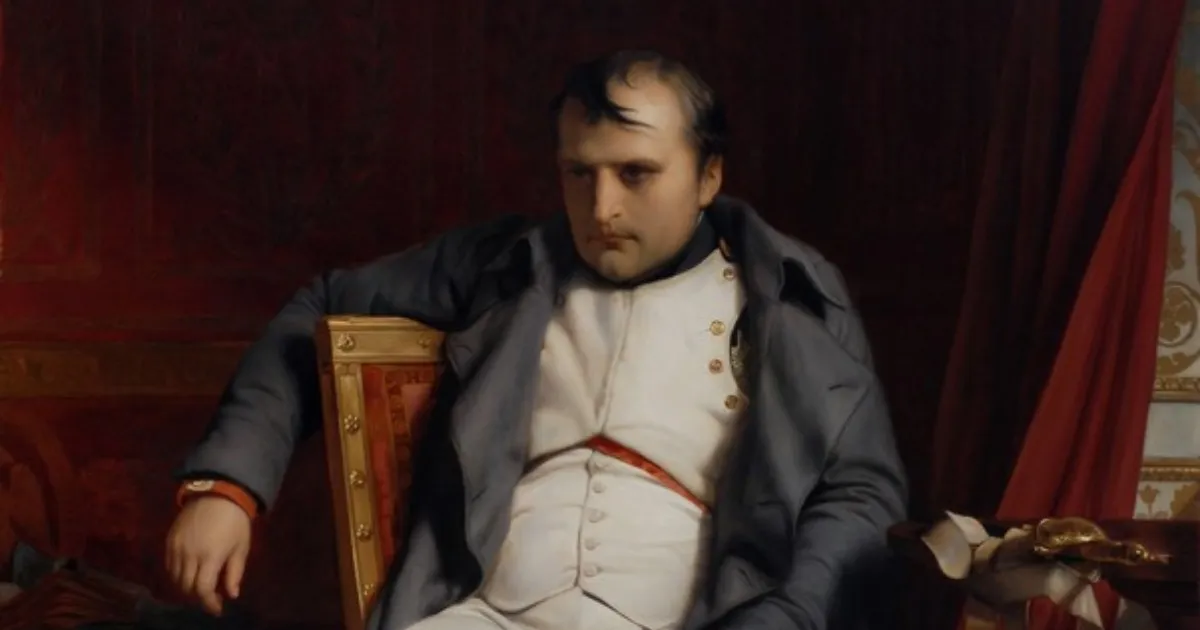
First, let’s talk about Napoleon and his legendary obsession with perfume. While we might associate strong scents with royalty and aristocrats, Napoleon took this to another level. He was addicted to Eau de Cologne, a blend of citrus, herbs, and alcohol that was considered both a fragrance and a medicinal tonic at the time. Unlike today’s perfumes, which are worn in moderation, Napoleon applied his cologne by the liter. He reportedly drank diluted cologne on occasion, believing it had health benefits. Some records claim he went through two to three bottles a day, a habit that would make even the most devoted modern fragrance enthusiasts blush.
His devotion to scent was so extreme that his personal perfumer, Jean-Marie Farina, the creator of Eau de Cologne, had the daunting task of ensuring the Emperor never ran out. Napoleon believed his cologne kept him refreshed, alert, and ready for battle. But despite his cologne obsession, there was one scent he found even more irresistible: the natural, unwashed aroma of Joséphine.
The Love Letters That Revealed It All
Napoleon was not just a warrior; he was a passionate, almost desperate lover. His letters to Joséphine, written during his military campaigns, are filled with fiery affection and bizarre requests. One of his most famous letters, penned in 1796 while he was leading a military campaign in Italy, contained an unusual instruction:
“I will return in three days. Do not bathe.”
This was not an isolated request. Several of his letters hint at his longing for Joséphine’s natural, musky, and unwashed scent. While many men of the era were accustomed to minimal bathing due to limited access to clean water, Napoleon’s preference seems to have been more deliberate and deeply psychological.
Joséphine, on the other hand, was known for her love of perfumes, especially those made from jasmine and rose. She was a refined woman with a strong interest in fashion and beauty, but personal hygiene, by today’s standards, was not a major priority of the time. The combination of her natural scent and light perfumes might have been what drove Napoleon into a scented frenzy.
Why Would Napoleon Love an Unwashed Scent?
Now, let’s unpack the psychology behind this unusual preference. Scientists today know that body odor plays a significant role in attraction. Human pheromones—chemical signals that influence social and sexual behavior—are present in sweat and can create strong subconscious bonds between partners. Napoleon’s intense attachment to Joséphine may have been partly biological, as her scent became intertwined with his emotions, desire, and memories.
There is also the possibility that this was linked to power and longing. While Napoleon was away on military campaigns, his separation from Joséphine fueled an obsessive desire for everything about her, including the raw, unfiltered smell of her body. By asking her not to bathe, he was trying to preserve the scent of her presence, making it last until he returned.
A World That Didn’t Bathe Much Anyway
While Napoleon’s specific request to Joséphine might seem unusual, it’s important to note that bathing habits in the 18th and 19th centuries were very different from today. Running water was not common, and full-body bathing was often seen as unnecessary, or even unhealthy, because people believed it could weaken the body. Instead, people cleaned themselves with damp cloths and relied heavily on perfumes to mask odors.
Even the grandest figures of the time were not known for their bathing routines. King Louis XIV of France reportedly only bathed a few times in his entire life, and Queen Elizabeth I was said to bathe once a month, whether she needed it or not. Compared to them, Joséphine was likely considered quite normal.
Did Joséphine Play Along?
Given that Joséphine loved perfumes and had her own luxurious beauty rituals, did she actually follow Napoleon’s request? Historical records don’t confirm whether she truly refrained from bathing for days before his return, but given her devotion to her husband and his overwhelming passion for her, she might have indulged him at times. However, it’s also possible she found his obsession amusing and did what she wanted anyway.
Despite Napoleon’s intense love for Joséphine, their relationship was far from perfect. He eventually divorced her in 1810 when she failed to produce an heir. Yet, even after their separation, Napoleon continued to adore her. On his deathbed in 1821, his last words were said to include: “France, army, head of the army, Joséphine.”
Was this normal or weird?
Napoleon’s peculiar preference teaches us a few things:
- Scent is powerful – it is tied to memory, attraction, and even love.
- People in history had very different hygiene standards – what seems strange today was often normal back then.
- Love makes people do unusual things – from writing passionate letters to making bizarre requests, history is full of romantic oddities.
While the idea of someone demanding their lover skip showers in the name of romance might seem bizarre to us, it was Napoleon’s way of deepening his bond with Joséphine. Whether it was pheromones, nostalgia, or sheer obsession, one thing is clear: Napoleon’s love was as intoxicating as his cologne collection.
So the next time you spritz on some perfume, just remember-history’s most fragrant man may have also been its most paradoxical romantic. Who knew that the man who conquered Europe would have such an unexpected weakness for body odor?
You might have missed many other fascinating pieces of information, follow Maybemiss.com to stay updated on things that may be old but feel incredibly new!



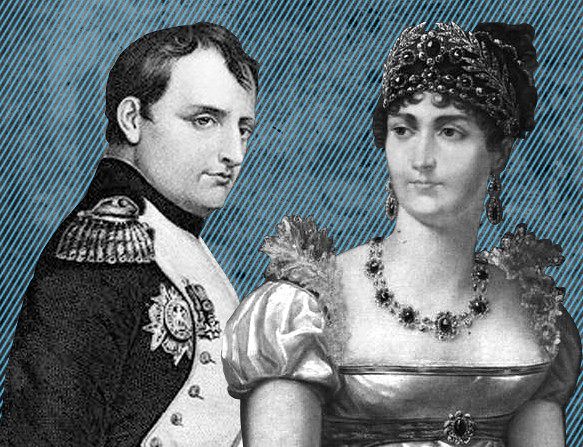
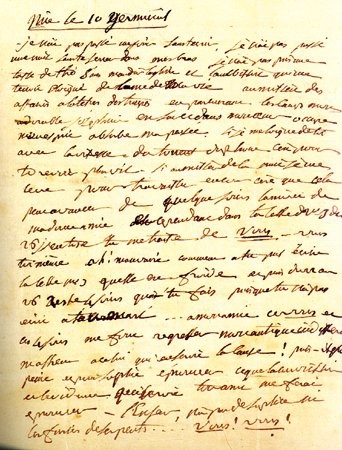
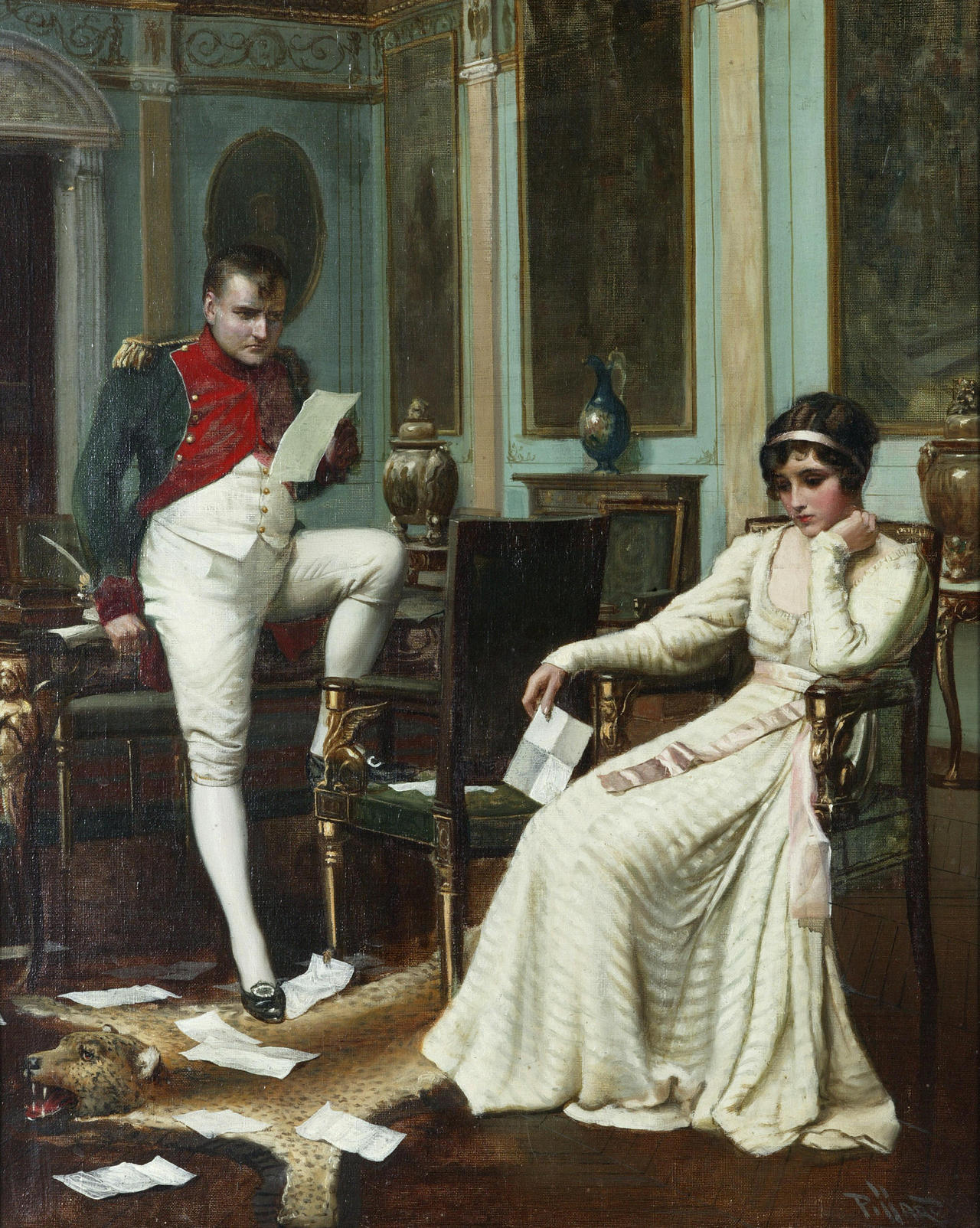
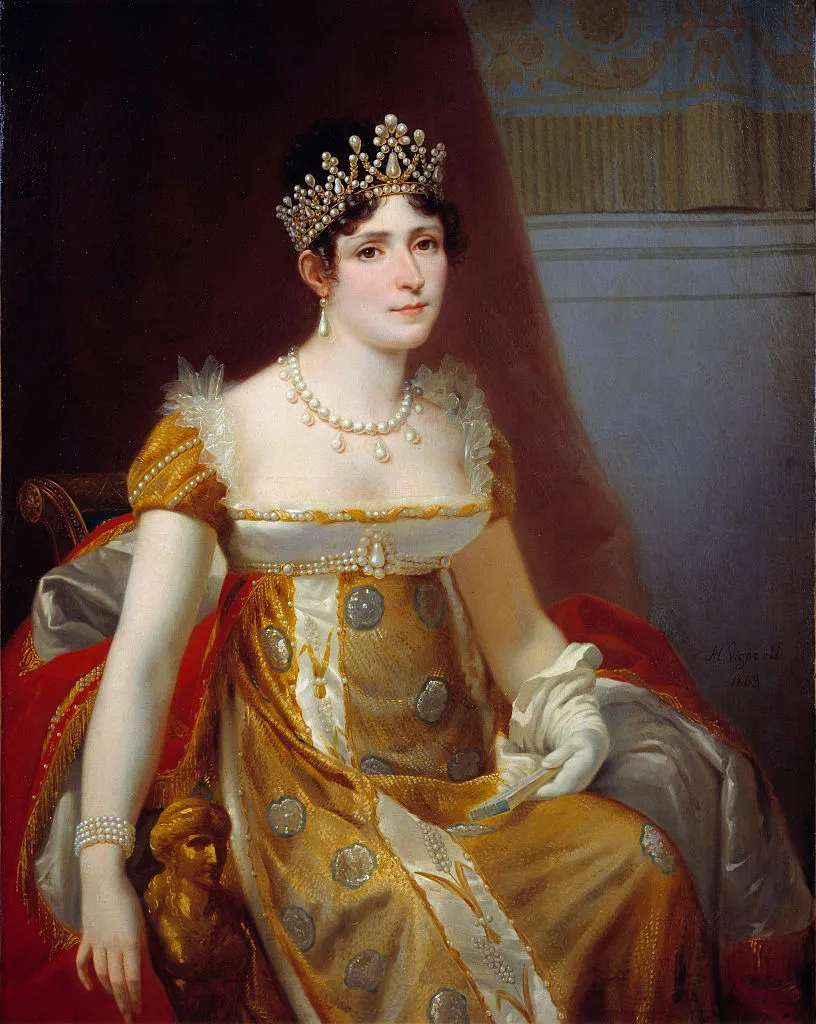
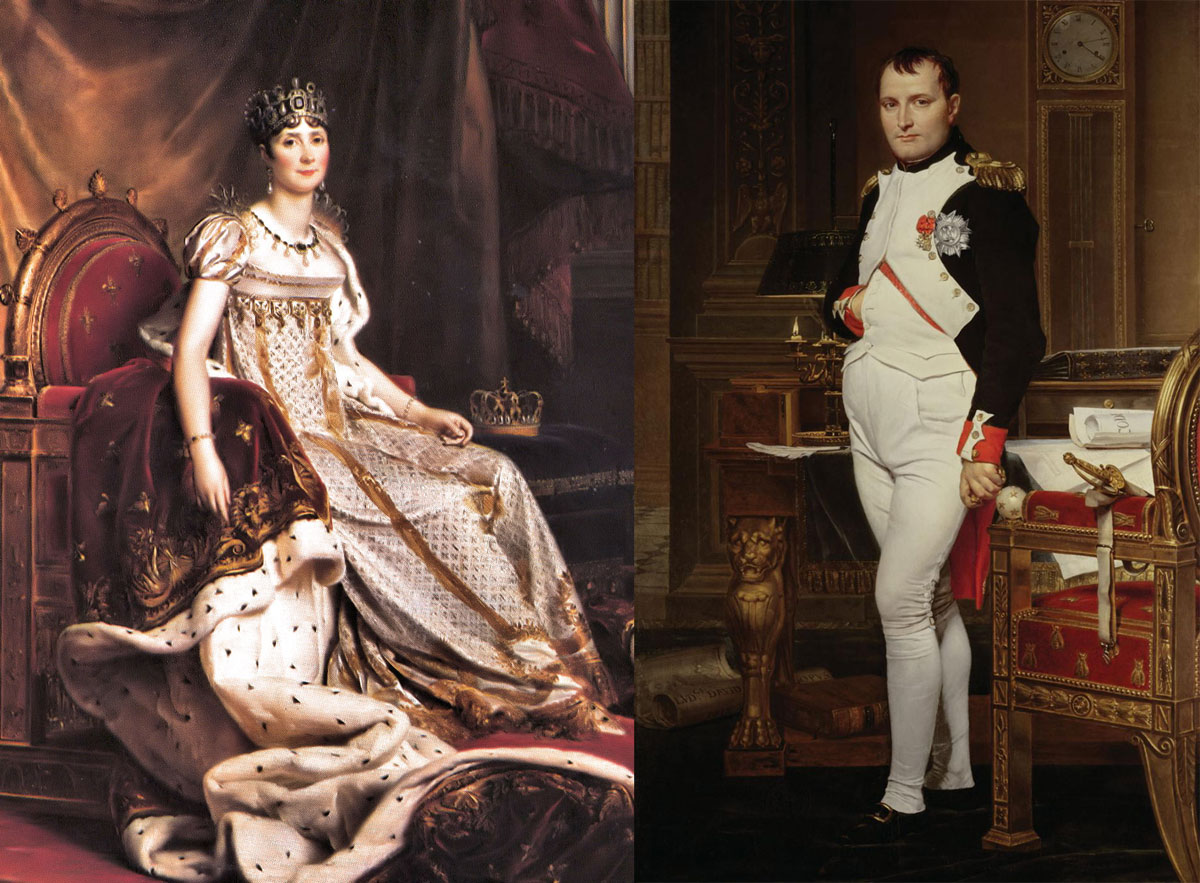














Discussion about this post